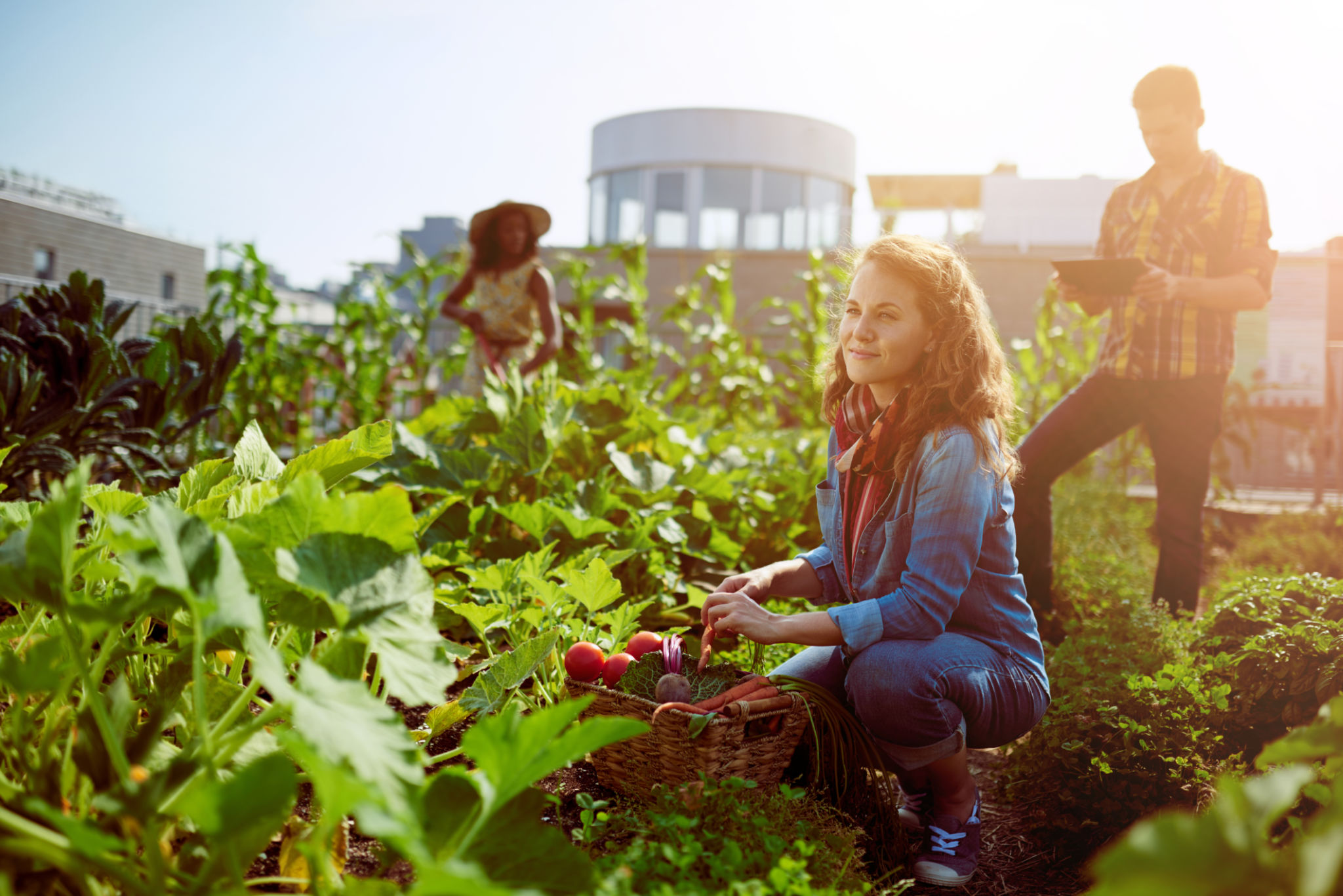Urban Farming in Kasungu: Transforming Small Spaces into Green Havens
LW
The Rise of Urban Farming in Kasungu
In recent years, urban farming has emerged as a transformative trend in Kasungu, a bustling town in Malawi. With limited space and resources, residents have taken to creative farming practices, turning small urban areas into lush green havens. This move not only addresses food security challenges but also promotes sustainability and community well-being.

The Benefits of Urban Farming
Urban farming offers numerous benefits that extend beyond mere food production. It enhances the urban landscape by introducing greenery, which can help reduce pollution and improve air quality. Additionally, urban farms provide fresh produce, reducing the need for transportation and the associated carbon footprint. This practice also fosters a sense of community as neighbors come together to cultivate and manage shared spaces.
Moreover, urban farming can be a cost-effective way to access healthy food. By growing their own vegetables and herbs, residents can save money and ensure a supply of fresh, chemical-free produce. This not only contributes to healthier diets but also encourages self-sufficiency among urban dwellers.
Innovative Farming Techniques
Kasungu's residents are employing several innovative techniques to maximize productivity in limited spaces. Vertical gardening is one popular method, where plants are grown in stacked layers or on walls, making efficient use of vertical space. Container gardening is another technique that involves growing plants in pots or other containers, allowing flexibility and mobility.
Hydroponics and aquaponics are also gaining traction in Kasungu. These soil-less farming methods utilize nutrient-rich water to grow plants, making them ideal for urban environments where soil quality may be poor. These systems can be set up indoors or outdoors, providing year-round cultivation opportunities.

Community Initiatives and Support
The growth of urban farming in Kasungu has been supported by various community initiatives and government programs. Local organizations have been instrumental in educating residents about sustainable farming practices and providing resources such as seeds and tools. Workshops and training sessions are regularly held to teach both beginners and seasoned gardeners new techniques and strategies.
Community gardens have become popular gathering spots, fostering social interaction and collaboration. These gardens not only serve as sources of fresh produce but also as educational platforms where people can learn about agriculture and environmental stewardship.

The Future of Urban Farming in Kasungu
As urban farming continues to flourish in Kasungu, it is expected to play a crucial role in shaping the town's future. The integration of technology and innovative practices will likely enhance productivity and resource efficiency. Moreover, as more people recognize the benefits of urban agriculture, it is anticipated that participation will increase, leading to more green spaces across the town.
Urban farming has the potential to transform Kasungu into a model for sustainable urban development in Malawi. By harnessing the power of small spaces, residents are creating vibrant communities that thrive on cooperation and environmental consciousness.
Getting Started with Urban Farming
If you're interested in joining the urban farming movement in Kasungu, there are a few steps you can take to get started:
- Identify available space: Look for suitable areas around your home or community that can be converted into a garden.
- Choose appropriate plants: Select crops that are suitable for your climate and available space.
- Learn from others: Engage with local farming groups or attend workshops to gain knowledge and skills.
- Start small: Begin with a few easy-to-grow plants before expanding your garden.
With determination and creativity, anyone can become part of this exciting movement, contributing to a greener and more sustainable Kasungu.
